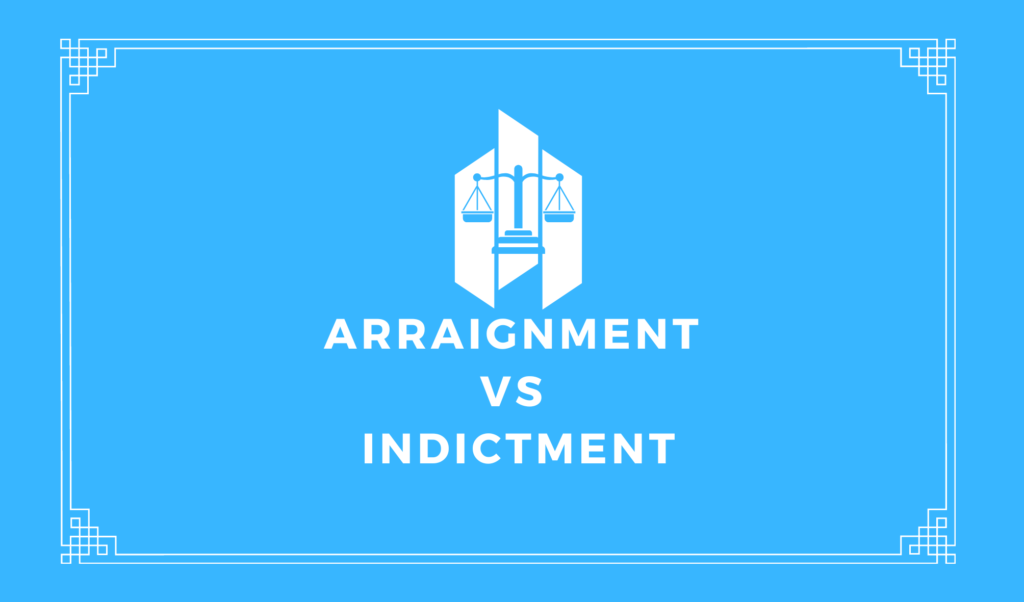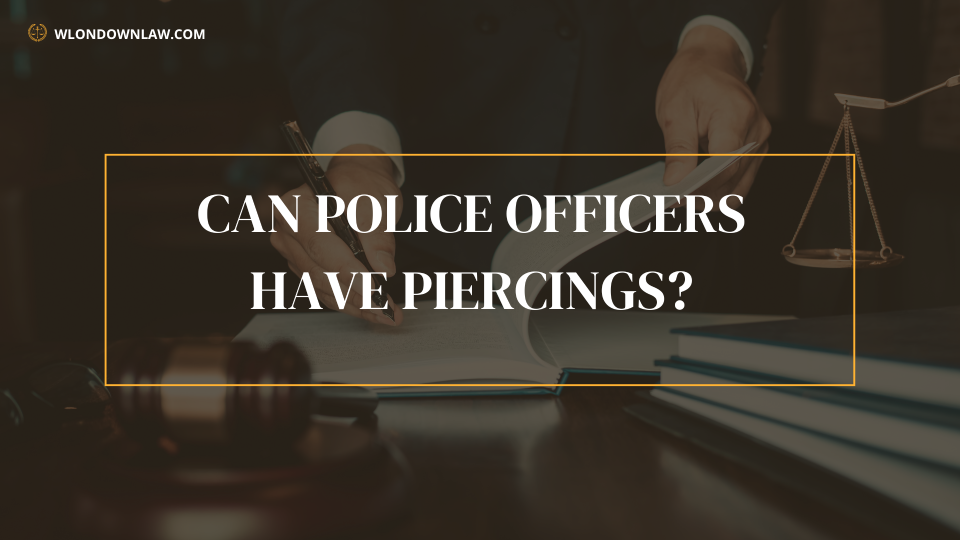If you’ve been charged with a crime, the first date that you go before the judge is your Arraignment, also known as your court date. It is a significant date in the criminal system, but you may be surprised to know that it isn’t the same as an indictment.
This blog will look at the differences between the two Arraignment vs indictments.
Arraignment is a contested hearing held by a judge to determine whether a defendant should be held in custody. The purpose of this hearing is to determine if the defendant is a threat to society and, so, if they can be temporarily held without the possibility of release on their own recognizance.
The defendant needs to have a legal representative, either a public defender or a private counsel, who is experienced in criminal defense. An indictment is when a grand jury has found probable cause that the defendant committed a criminal offense. Once the defendant has been indicted, the defendant is technically considered “in custody.”

Arraignment vs Indictment(Explained)
In America, a defendant will appear before the judge in two types of hearings. These are called the Arraignment and the indictment.
What is Arraignment?
An arraignment is a formal court appearance before a judge during which people who law enforcement officials have arrested are informed of the charge or charges brought against them and given a chance to react.
You may also like: Benefits of Plea Bargaining For Prosecutors
Arraignments must happen quickly once law enforcement takes a person into custody. Whether the defendant is appearing in state or federal court and the specifics of the charge will determine how long passes between the defendant’s arrest and Arraignment.
Depending on how the person was apprehended and the proceedings in an arraignment, the proceedings may also change slightly. A person can be arrested in one of three methods, which will result in an arraignment:
- Suspicion of criminal activity: Law enforcement has detained a person who they believe to be involved in the conduct of a crime. In some situations, the defendant may hear about the indictment for the first time during the arraignment hearing, where they will be asked to enter a plea.
- Violation of a previous judicial procedure: Law enforcement has detained a person for failing to follow the terms of a prior court proceeding, such as, for example, probation infractions.
- A grand jury or prosecutor has released an indictment: A grand jury or prosecutor’s indictment charging someone with a crime has resulted in an arrest.
A criminal arraignment is not a trial. The accused does not seek to deny or dispute the charges, and the prosecution is not required to prove them. The defendant merely enters a plea of guilty, not guilty, or no contest once the prosecutor informs the judge that they are being held by law enforcement, typically in the form of an indictment.
Bail is another topic that is frequently covered at an arraignment. Since arraignments come after official charges are brought against an accused person, police enforcement would typically conclude that this person poses a danger to others or might evade arrest to avoid being held accountable for the illegal conduct they have been accused of.
Characteristics of an Arraignment
- The judge will determine the date for the next court appearance and lay out an initial timeline for the start of the trial.
- After listening to the prosecution’s and defense’s brief arguments, the judge will make an initial determination about the issue of bail.
- Those who are accused have the right to legal representation and the option to request one from the court if they cannot afford to pay for one themselves.
- Any person accused of a crime or held by law enforcement has the right to defend themselves in court.
What is an Indictment?
An indictment is a formal accusation of a crime. The term indictment was first used in England. Before an indictment is filed with the court, a prosecuting attorney must interview witnesses and collect evidence against the accused.
A grand jury must hear all the evidence and decide whether enough evidence exists to prove the charge. If the grand jury votes “yes,” an indictment is issued against the accused.
A court has the authority to dismiss an indictment if the grand jury was acting illegally or if it wasn’t made up of a majority of the members who were qualified to serve.
The defendant is considered innocent until the charges have been proven in court. The court will then set a trial date.
Processes in state courts differ. However, different states and counties have varied regulations on procedures, and in many circumstances, the process will depend on the offense being charged. In most states, prosecutors can issue indictments without a grand jury’s permission.
A person may be indicted both before and after being arrested. A person may occasionally be detained while being investigated for a crime, and following the arrest and subsequent investigation, they may be charged with a felony crime. In other situations, an inquiry that leads to the arrest of the suspect may terminate in the issuance of an indictment.
Characteristics of an Indictment:
- An indictment is the formal accusation of a crime made by a legal authority. It is issued by a prosecutor or a grand jury, a formal legal authority.
- It makes it possible for law enforcement to arrest someone.
- The accused person doesn’t need to have the right to counsel before the indictment is published.
Differences: An Arraignment and an Indictment
An arraignment is a hearing, whereas an indictment is a document, which is the primary distinction between the two. The defendant enters a plea during an arraignment before a judge.
Objective
An indictment is used to formally charge someone with a crime, whereas an arraignment is used to process someone who has been accused of a crime formally.
Duration
Almost always, an indictment is handed down before an arraignment. Indictments are frequently issued before a subject is taken to jail, but arraignments can only occur after an arrest has been made.
Legal Advisory Services
An individual has a right to legal counsel at an arraignment, and the court will offer one if the defendant is unable to do so. Prior to the issuance of the indictment, the accused may not always be entitled to legal counsel.
Consequences
Typically, after Arraignment, the defendant is either offered the option of being released on bail with restrictions or is remanded in custody. An individual is usually taken into custody following an indictment.
Similarities: An Arraignment and an Indictment
The 6th Amendment to the Constitution, one of the original Bill of Rights, serves as the foundation for both an arraignment and an indictment.
Final Thoughts
We hope you enjoyed this article on Arraignment vs Indictment. This is a great place to start for anyone who is new to the criminal process. It’s important to know the difference between these two things because facing criminal charges can make all the difference.
It’s so important to know these things to make an informed decision. We compiled a list of key differences to make your life easier. We made sure to include the appropriate legal terms and definitions so you can see where they differ.
It is a great article to have on hand in case you get confused and want to know what the difference is. Thank you for reading.
We hope you found this information helpful in your legal journey!


